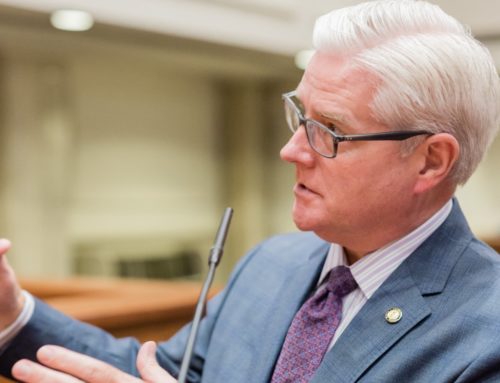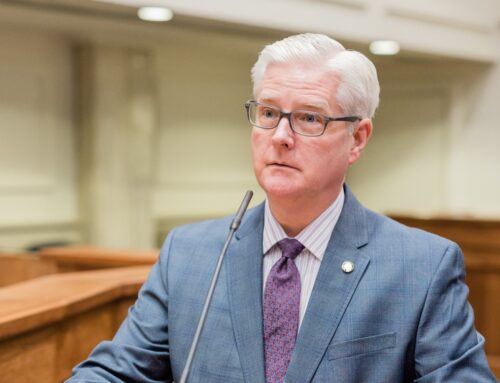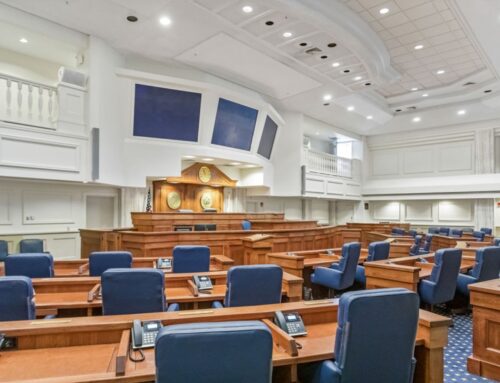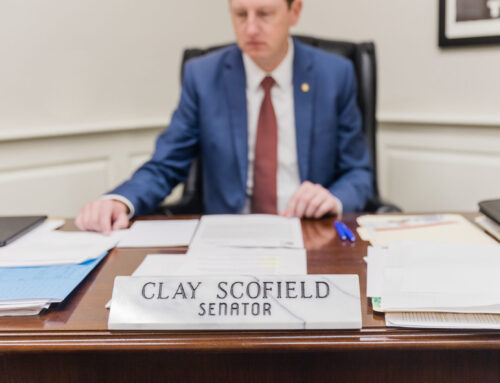What kind of K-12 education model does Alabama need to prepare our young people for the jobs of the twenty-first century? Like you, I have read story after story in the media of how the global economy increasingly relies on automated jobs. There is no doubt that the digital economy is causing a shift in the types of skills that are needed in the workforce.
This past week, I had the opportunity to visit a number of career technical education centers located in my Senate district and I am convinced these innovative programs are key to preparing Alabama’s young people for well-paying jobs. These aren’t your Mom and Dad’s vocational programs; at the Elmore County Technical Center, the basics of welding are now taught with a virtual welder, saving significant dollars in materials and supplies. The Autauga County Technology Center offers a complete automotive technology course with classes in suspension and steering, brakes, and electrical and electronic systems. Students in Chilton County can attend the LeCroy Career Technical Center in Clanton and complete a six-class course on heating, ventilation, air conditioning, and refrigeration (HVAC-R). By the way, the national median hourly wage for an HVAC-R technician is a solid $20.42.
We need our leaders in state government and at the Department of Education to continue giving career technical programs strong financial support. This year, I was able to steer over $40,000 in state grants to the career technical centers across Senate District 30. The odds are good that if you need a car repair, service on your refrigerator, a computer repair, or your house’s electrical system rewired, it is likely the person serving you got his start in career technical education.
The bias of pushing our young people to think of attending only a four-year college is slowly changing. I am all for encouraging young people to attend college, but we should place an equal emphasis on technical education. Our career technical education programs and workplace apprenticeships offer unique opportunities for students to gain real-world skills before leaving high school. Alabama’s policymakers and state school administrators should continue to empower and expand these innovative programs as we look for new ways to prepare our students for the challenges and opportunities of an economy that is increasingly global, automated, and digital.
Republican Clyde Chambliss represents all or parts of Autauga, Elmore, Chilton, Coosa, and Tallapoosa counties in the Alabama Senate. Follow him on Twitter for the latest legislative updates: @Clyde_Chambliss







